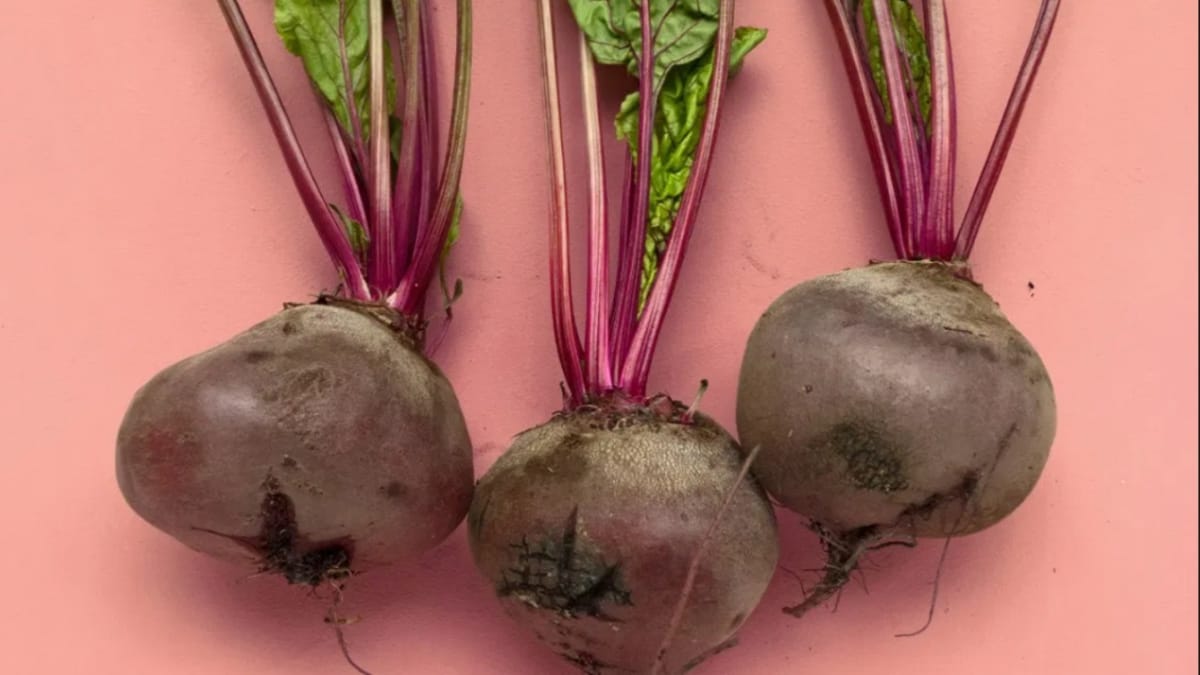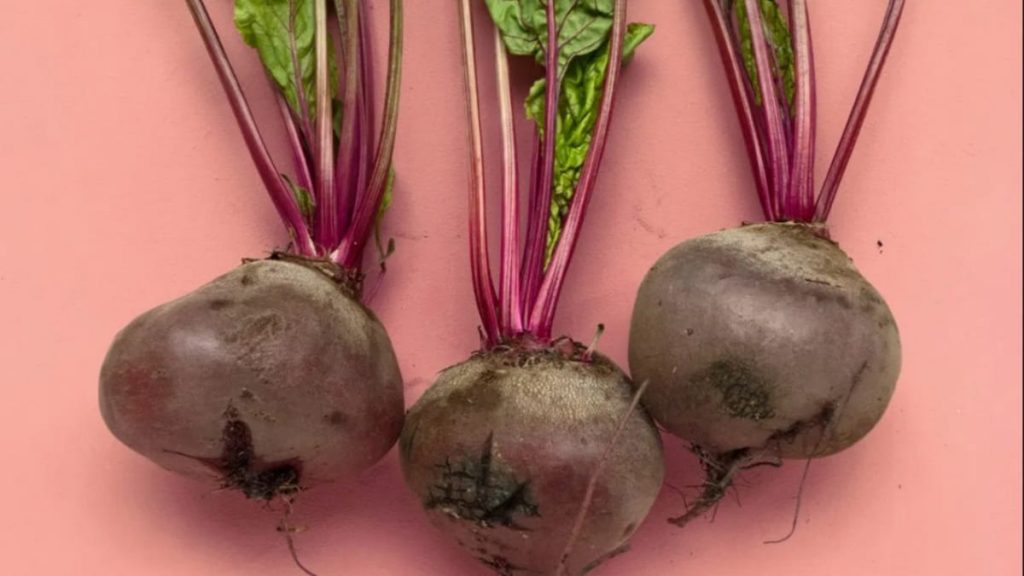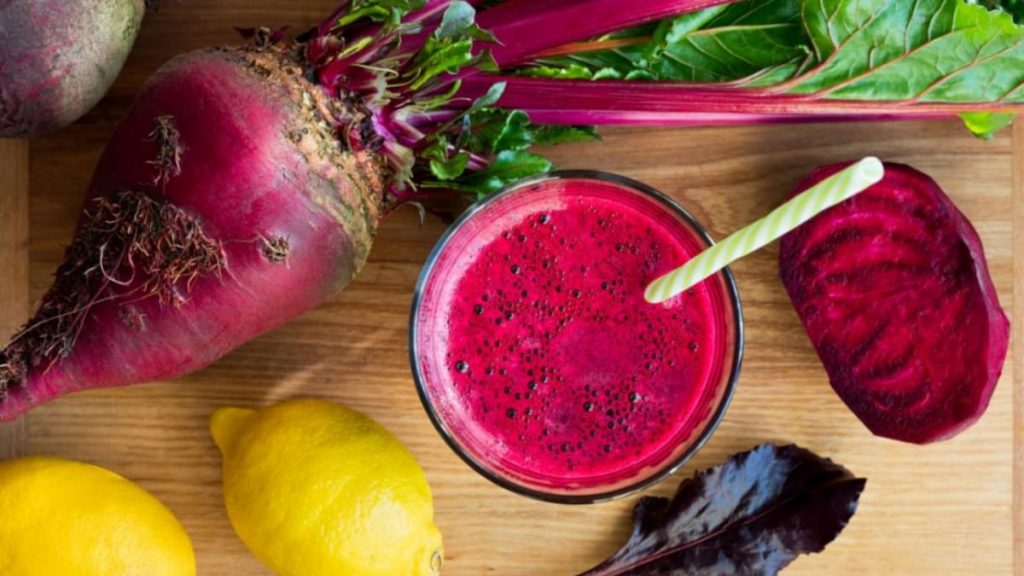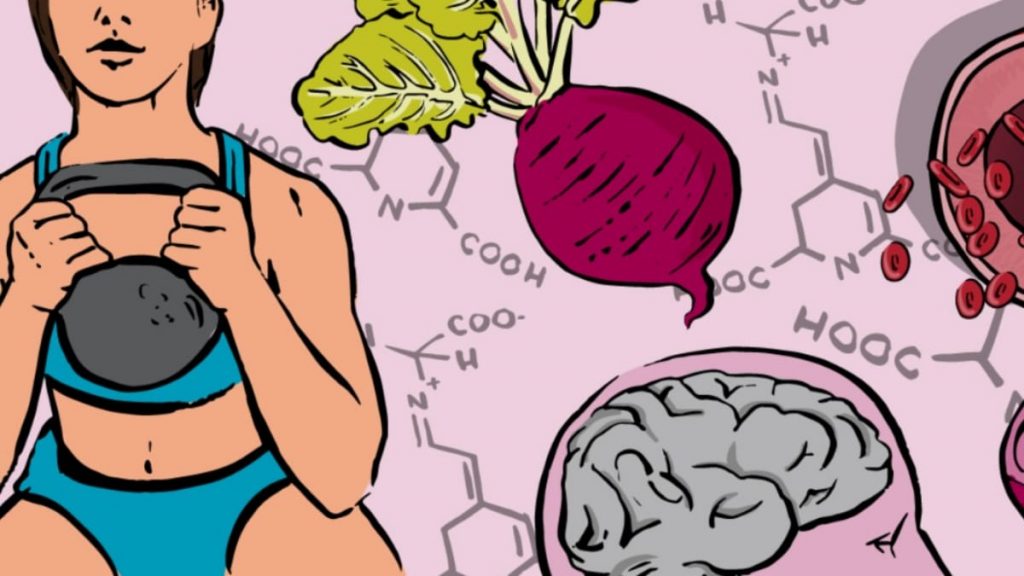Nutrition and Health Benefits of Beetroot

Nutrition and Health Benefits of Beetroot

Beetroot (Beta vulgaris) is a root vegetable also known as red beet, table beet, or just beet and there are a lot of health benefits of Beetroot.
Beetroots and beetroot juice have been associated with numerous health benefits, including improved blood flow, lower blood pressure, and increased exercise performance.
Beetroots are delicious raw but more frequently cooked or pickled. Their leaves, known as beet greens can also be eaten.
There are numerous types of beetroot, many of which are distinguished by their color like yellow, white, pink, or dark purple.
They are low in calories, yet high in valuable vitamins and minerals. In fact, they contain a bit of almost all the vitamins and minerals that you need.
Beets also contain inorganic nitrates and pigments, both of which are plant compounds that have a number of health benefits.
Keeps Blood Pressure in Check

Heart disease, including heart attacks, heart failure and stroke, is one of the leading causes of death worldwide.
And high blood pressure is one of the leading risk factors for the development of these conditions.
Studies have shown that beets can significantly lower blood pressure by up to 4–10 mmHg over a period of only a few hours.
These blood pressure-lowering effects are likely due to the high concentration of nitrates in beets.
In your body, dietary nitrates are converted into nitric oxide, a molecule that dilates blood vessels, causing blood pressure to drop.
Exercise and Athletic Performance

Some studies have found that beetroot juice supplementation can improve the amount of oxygen that muscles absorb during exercise.
High doses of beetroot juice improved the time trial results of experienced cyclists.
Nitrates appear to affect physical performance by improving the efficiency of mitochondria, which are responsible for producing energy in your cells.
Digestion and Regularity

One cup of beetroot provides a lot of fiber. Consuming enough fiber is essential for smooth digestion and gut health.
Fiber bypasses digestion and heads down to the colon, where it either feeds the friendly gut bacteria or adds bulk to stool.
This can promote digestive health, keep you regular and prevent digestive conditions like constipation, inflammatory bowel disease and diverticulitis.
Including beetroot in the diet is one way that a person can increase their fiber intake.
Moreover, fiber has been linked to a reduced risk of chronic diseases including colon cancer, heart disease and type 2 diabetes.
Supports Brain Health

A reduction in blood flow and oxygen supply to the brain may contribute to this decline.
Interestingly, the nitrates in beets may improve mental and cognitive function by promoting the dilation of blood vessels and thus increasing blood flow to the brain.
Beets have been shown to particularly improve blood flow to the frontal lobe of the brain, an area associated with higher-level thinking, such as decision making and working memory.
Furthermore, one study in type 2 diabetics looked at the effect of beets on simple reaction time, which is a measure of cognitive function.
Also Read: A Guide to Healthy Eating for Beginners







